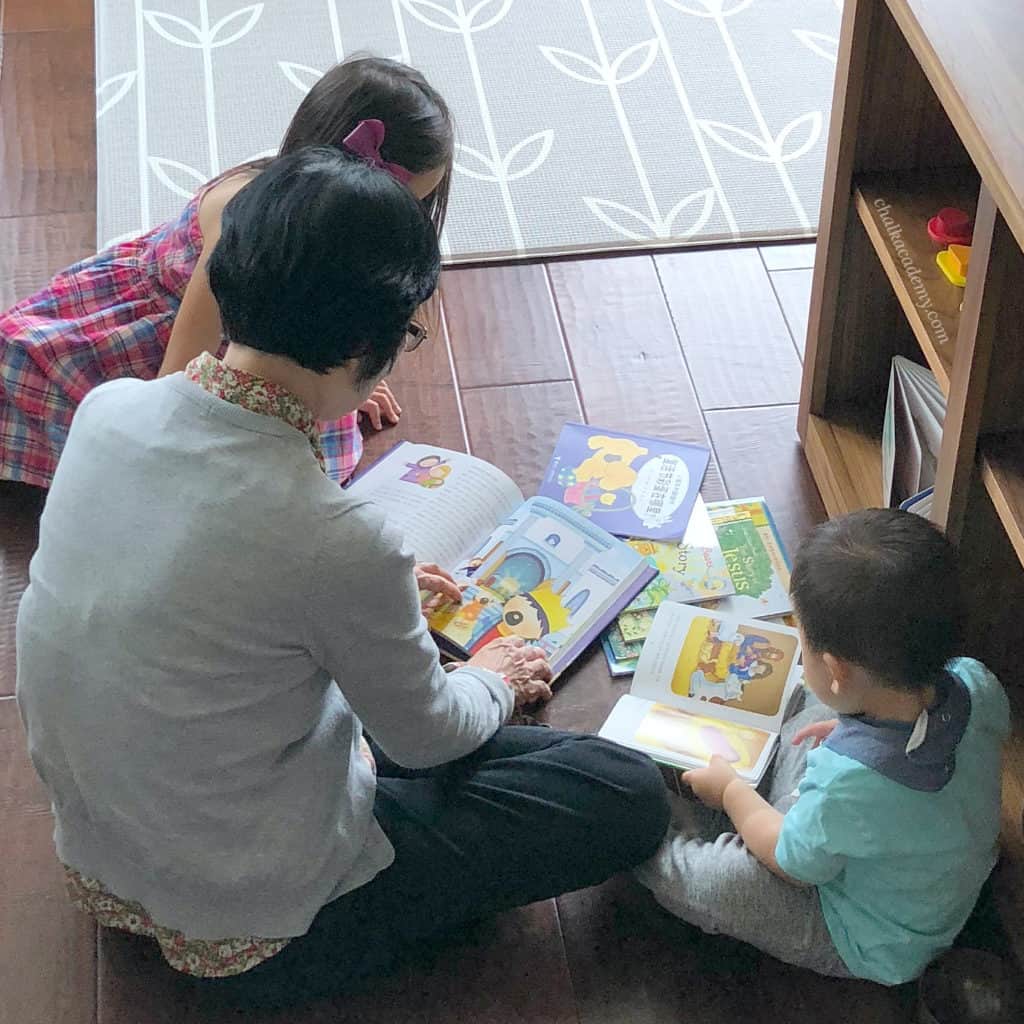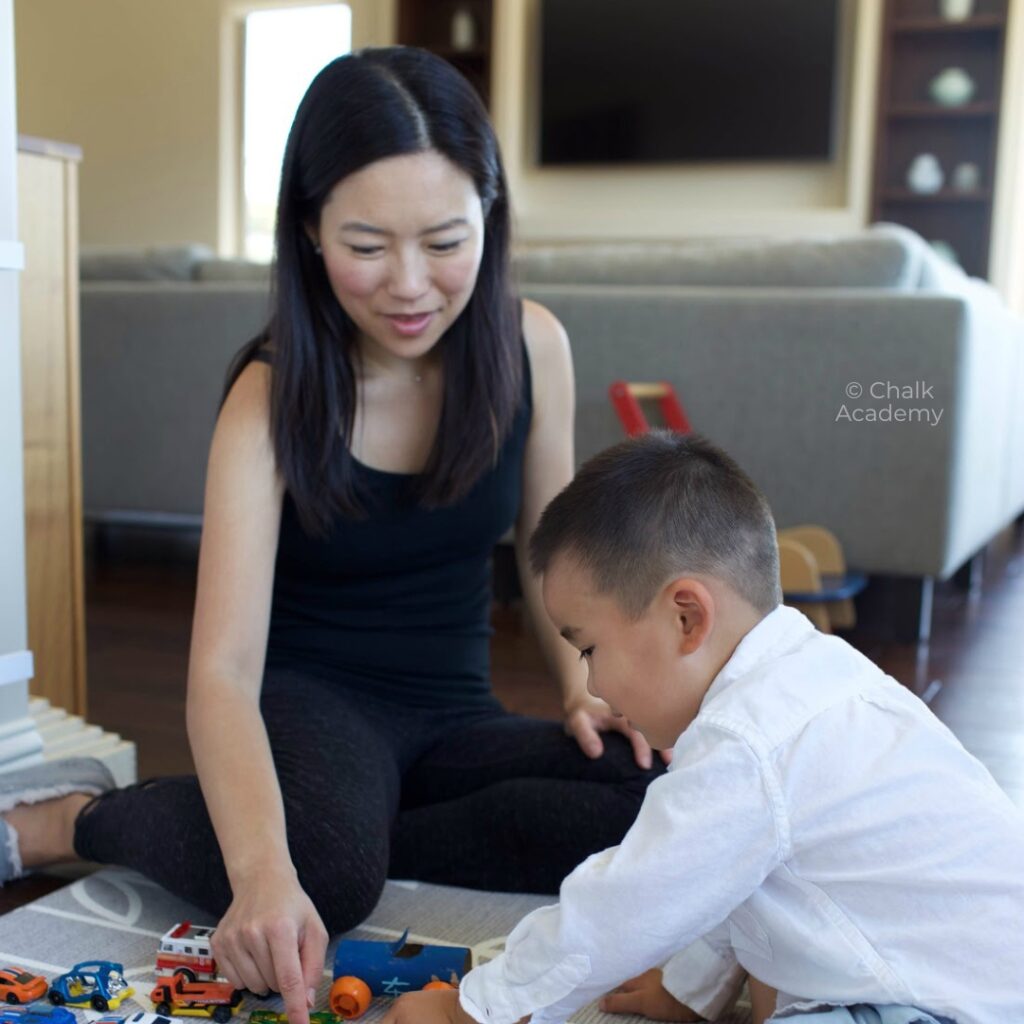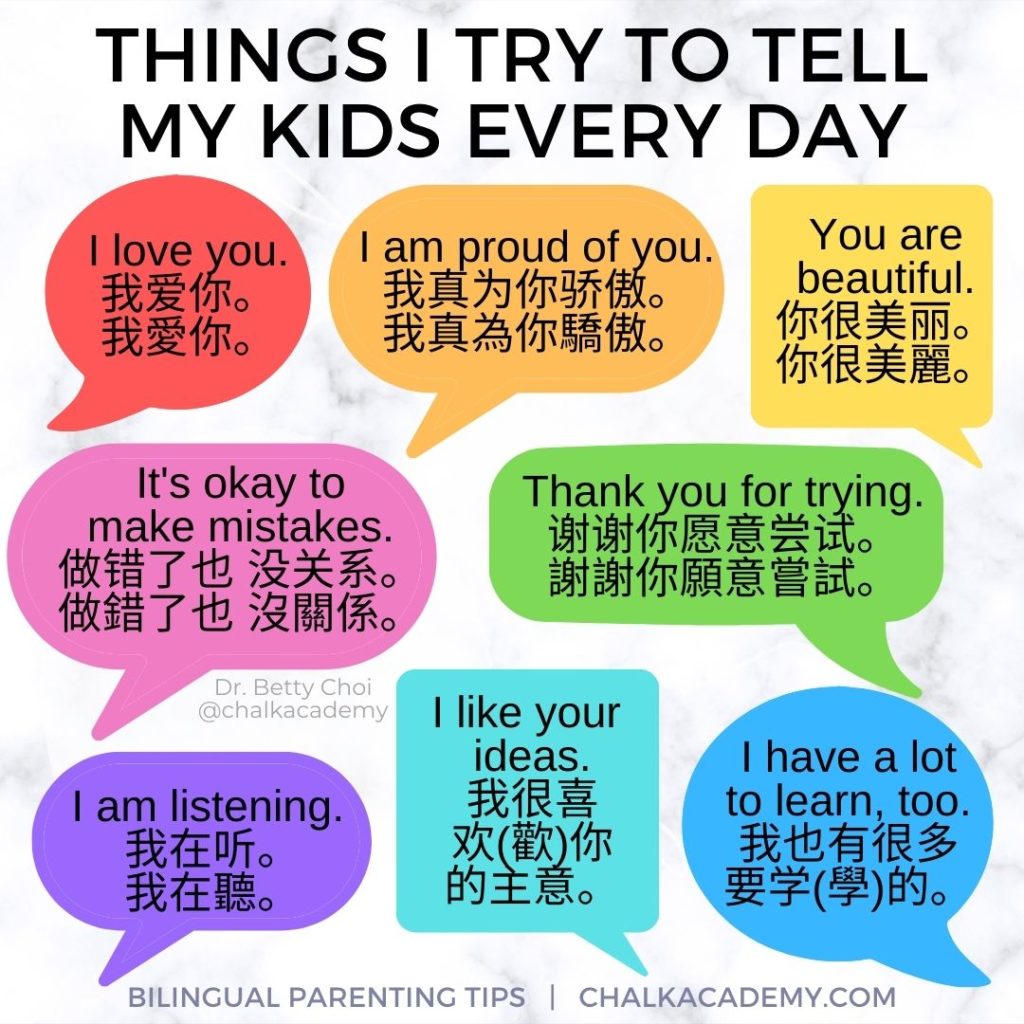10 Ways to Find a Language Teacher for Your Child

Are you a parent who wants to raise a bilingual child but needs extra help? If you can find the right language teacher, this can make a world of difference.
Finding a great language teacher can be tough because connection and communication with a fluent speaker are important for learning.
Sometimes, the ideal teacher is a professional tutor. Other times, that special someone might not be formally trained in education.
I’ll explain how we found the best Chinese and Korean teachers for our children and how you can find yours in any language.
This article was originally published in June 2018 and has been updated with new information.
How to find the wrong language teacher for a child
Before we dive into how to find the best foreign language teacher for kids, let’s review what to avoid.
- Boredom: Since children naturally learn through play, a good foreign language teacher needs to nurture a child’s interests. A fun lesson should incorporate a child’s interests through conversation, activities, and games.
- Rigidity: When teachers have a strict curriculum in mind, the plan could be irrelevant and uninteresting to a child. For example, if a teacher expects a child to sit still and memorize random flashcards, this could cause resistance to future lessons.
- Shame: Teachers overly critical of a child’s ability to understand, speak, read, or write in a new language can discourage a child from learning.

The wrong language teacher can inadvertently create negative associations with a new language.
If a child feels forced to learn a minority language, they may have no motivation to participate.
How to find the best language teacher for your child
You might be surprised that the right language teachers for children might not have classroom experience. (If they do, consider it a bonus perk!) For kids, the ideal language teacher is someone who:
- Can meet a child’s pace of learning
- Is consistent with speaking the target language
- Enjoys activities and playing
- Observes and follows a child’s interests
- Likes to sing songs and tell stories
- Has experience with children
- Can be a friend to the child
- Reads fluently and can be flexible about reading pictures and not just the text
Here are several ways we have looked for language teachers for our children.
Find a bilingual nanny, au pair, or babysitter
The more time the language teacher can spend with a child, the better the chances are for acquiring the language.
That’s why a bilingual nanny, au pair, or regular babysitter is often the best language teacher for children.
This special caregiver can spend one-on-one time with your child in the normal daily routine.

For optimal learning, a caregiver should come several days per week for a few hours per day or as often as your budget allows. If this caregiver is the only source of the language, once a week is not enough exposure.
Care.com is a popular resource for finding bilingual nannies. On their website, you can filter potential caregivers by language. We were lucky to have found each of our wonderful former nannies through Care.com.
Consider a dual language immersion school
For many families, a local immersion school is the best way to find a foreign language teacher for your child. These schools are generally available in large, diverse cities such as Los Angeles, San Francisco, and New York City.
Full-time enrollment can provide a community of bilingual friends if tuition is within your budget. If school is too costly, ask if a bilingual teacher would be interested in tutoring your child after school or on the weekends.

- The Mandarin Immersion Parents Council has a full list of Mandarin Immersion schools in the United States.
- Heritage Languages in America has a comprehensive list of schools and programs in numerous languages (eg, Arabic, Chinese, French, German, Hindi, Italian, Spanish, etc).
Ask religious organizations about bilingual teachers and caregivers
Cultural religious organizations, such as churches and synagogues, can be a wonderful source of support. You might develop friendships with other families raising multilingual children.
When we moved to our current home in California, I Googled “_____(city name) Chinese church” and “_____(city name) Korean church.” Then, I emailed the church to see if anyone might be interested in bilingual childcare or tutoring.
Since my husband and I are fluent in English only, we ultimately decided that it would be best for our family to attend an English-speaking church. However, the pastors connected us to kind Chinese and Korean teachers.
Related: Faith, Hope, and Love in a Foreign Heritage Language
Check nearby schools for language teachers and classes

Look for potential language teachers at your local college, university, and high school. Keep an open mind and consider bilingual teachers for piano, art, dance, sports, or other activities.
Non-academic Chinese classes are a fantastic way to learn a new language.
My first “Chinese” teacher spoke Mandarin during my childhood piano lessons. My daughter has also taken lessons with a piano teacher from China. We’ve also tried a painting class with a fluent Mandarin speaker.
Through nearby schools, you might be able to find a fluent high school or college student to babysit your child. This can be an affordable and fun way for your child to learn a second language at home.
Find a language teacher on social media
On Facebook, regional parenting groups are a great place to find recommendations for language teachers, nannies, and babysitters.
You might meet other bilingual parents who share your language.
Find a language teacher in restaurants and grocery stores
When we first moved to our current town, my mother-in-law took it upon herself to ask a restaurant manager about Korean caregivers. Despite her insistence, I felt embarrassed that she approached a stranger. Reluctantly, I interviewed someone who wasn’t a good fit because she had no experience with toddlers.
However, if you have a good relationship with the staff, reaching out to potential language teachers or caregivers could be an option for your family.
Consider play dates in the minority language
Do any of your friends share similar language goals? Would they feel excited about speaking to your child in this language?
This could be a special way for your child to learn a new language. Similar to the restaurant and grocery store idea, this option has a few caveats:
- Many marginalized people have expressed frustration with this option when approached by people of different races.
- If the children prefer the dominant community language, a “minority language playdate” is not likely to be successful. Children will speak in the language that feels most natural to connect with friends.
Make friends with older bilingual folks
Consider spending time with a sweet older neighbor!
Last summer, we met a friendly Chinese grandmother a few times at a park. Decades ago, she taught children Mandarin and missed being around little kids.
Since my kids rarely get to see their paternal grandparents and my parents have passed away, this was a wonderful way to learn respect for elders as well as the language.

Another option is to explore culture-based facilities, such as nursing homes, that welcome young volunteers to keep them company!
FaceTime or Skype with relatives who speak other languages
FaceTime and Skype are wonderful ways to stay in touch with family! In addition, kids can practice the minority language with context. During the conversation, they can see their relative’s facial expressions and mouth movements.
My kids have fun catching up with my favorite auntie on FaceTime every few weeks. Although my Auntie’s native language is Shanghainese, we speak Mandarin Chinese on the phone.
Since Chinese is a diverse language, I’m glad my children can hear her accent and the occasional Shanghainese words that slip in!
Find an online language teacher

If your local community is limited in language, online tutoring might be your best option for older children, teens, and parents.
When interviewing potential language teachers, be clear about language goals and the importance of connecting with a child’s interests.
Here are the online Chinese tutoring programs we have considered.
Can’t find a language teacher? You can try to be the teacher!
If all else fails, and raising a bilingual child is a priority for your family, consider being your child’s language teacher, especially if you’re fluent in another language.
For non-fluent parents like me, if you have time and passion, you can learn the language with your child and teach them what you learn.
Never in a million years did I think I would be my children’s primary Chinese language teacher! Although my children have a wonderful local Chinese tutor, they meet for only one hour per week during the school year. Therefore, they rely on me for consistent Chinese exposure.
While my speaking and reading abilities have room for improvement, I am modeling hard work and commitment.
Plus, we’re lucky to have the help of great media, like Chinese children’s songs and Luka Reading Robot.
How did you find your child’s language teacher?
Were you able to find a great language teacher for your child? How did you find your child’s language teacher? Please share in the comments below so we can learn from your experience.





